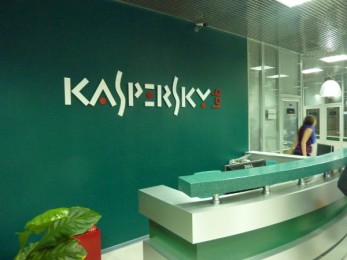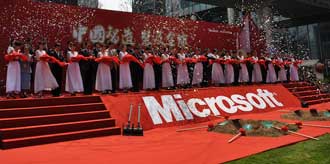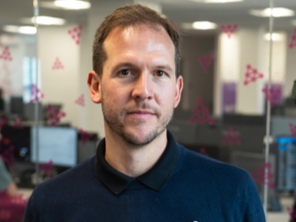 EU antitrust chief Margrethe Vestager said that Amazon and Microsoft have not raised cloud competition concerns in the European Union.
EU antitrust chief Margrethe Vestager said that Amazon and Microsoft have not raised cloud competition concerns in the European Union.
Last year, Amazon Web Services (AWS) accounted for 13 percent of Amazon’s revenue but 37 percent of its operating profit ($5.3 billion out of $14.3 billion). At the same time, Microsoft’s Q2’22 (ended 31st December) profit rose to a better-than-expected $18.8 billion, with overall cloud revenue climbing 32 percent and Azure cloud revenue up 46 percent.
These firms’ dominance in the European cloud market has caused concern among smaller competitors. French cloud computing company OVHcloud and German software provider NextCloud filed an antitrust case against Microsoft. They claim the tech giant has been stifling competition in the market and making it harder for consumers to choose services from rival firms.
The complaint focuses on Microsoft’s licensing operations, alleging that the company has made it more expensive for users to switch from Azure to a competing cloud provider.


















